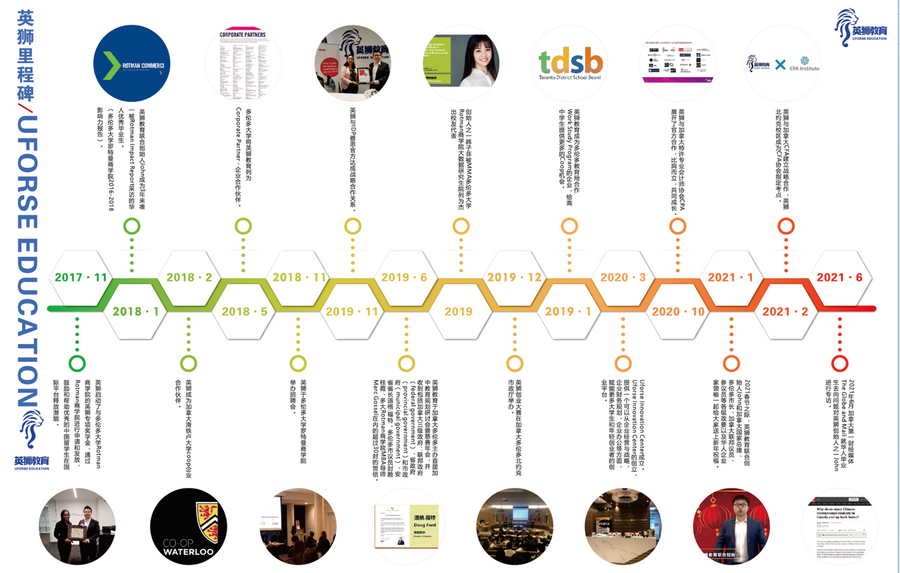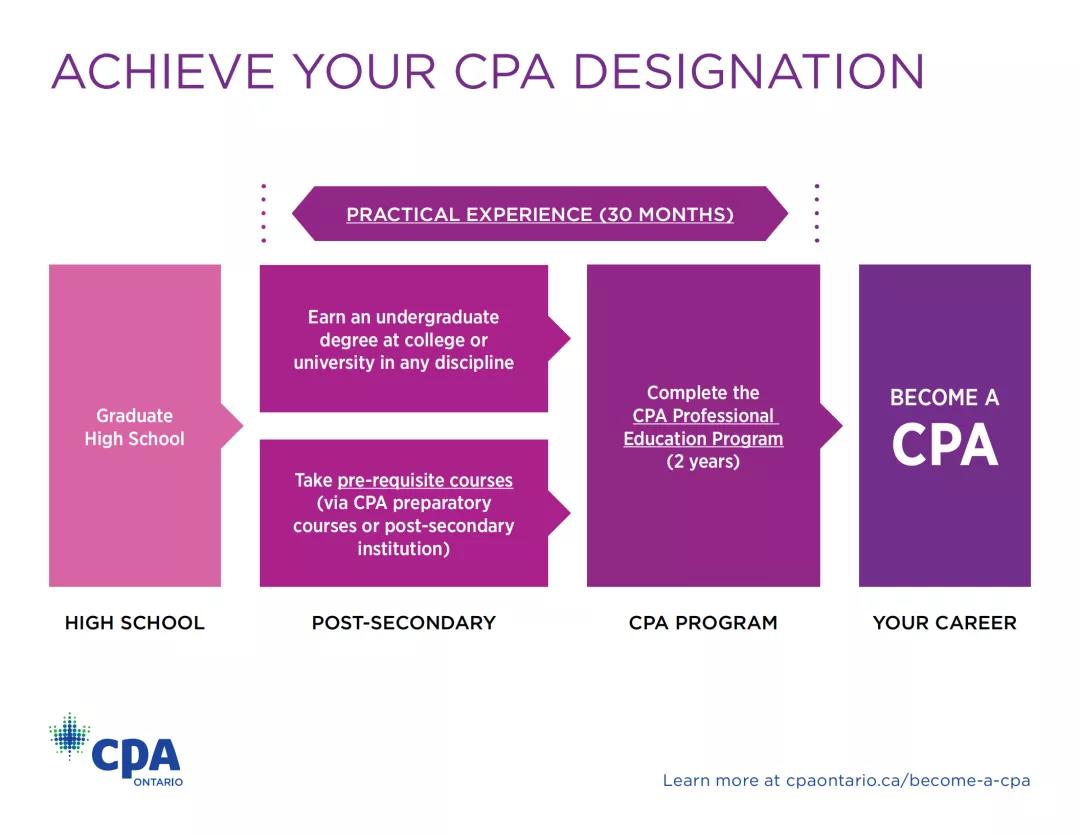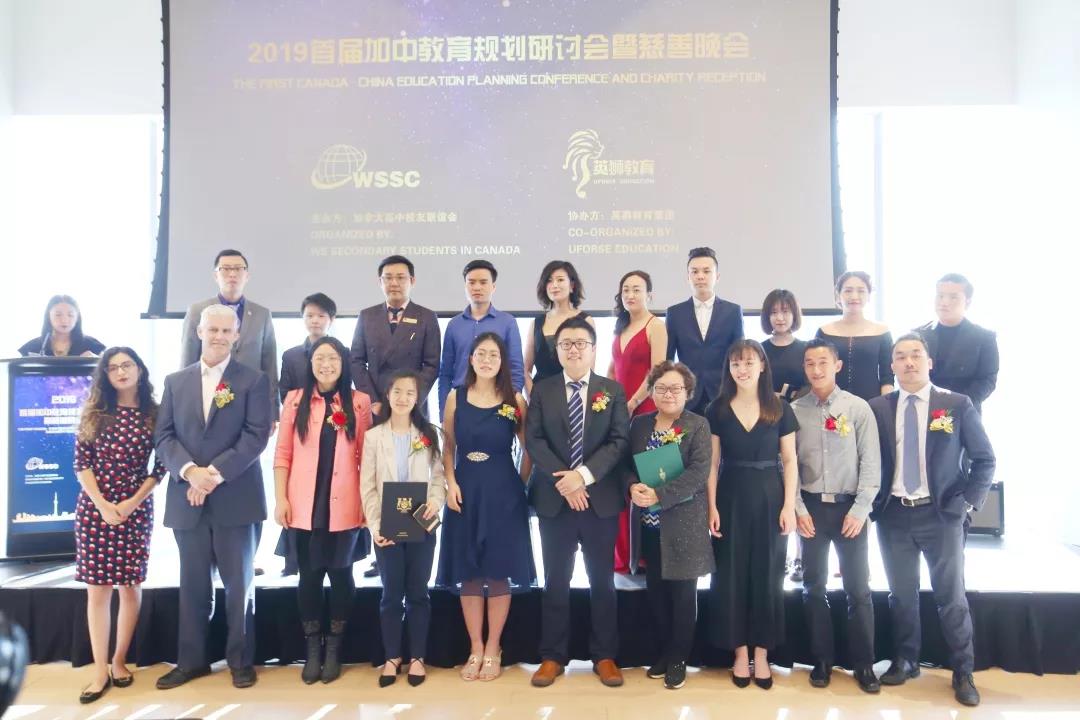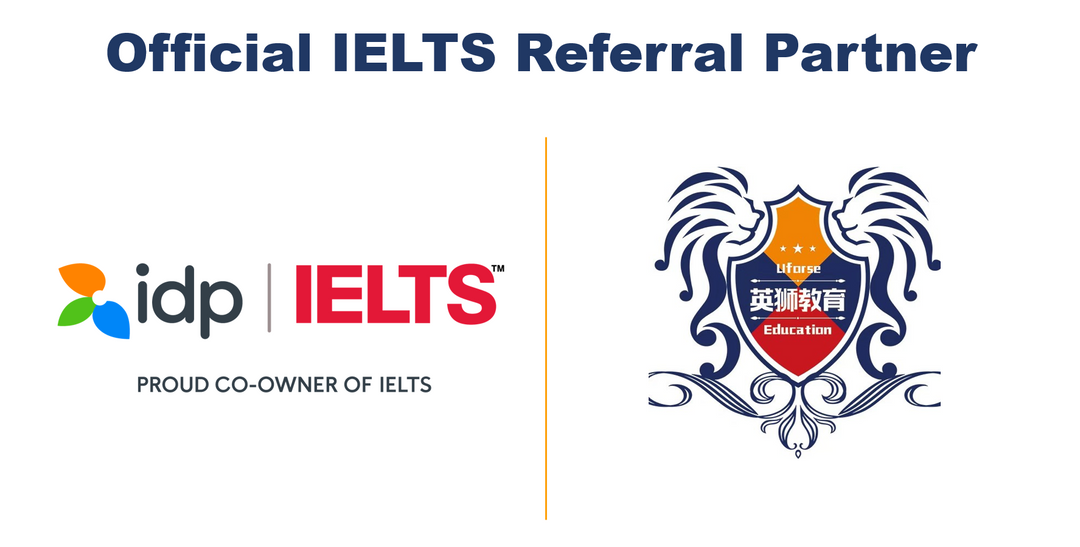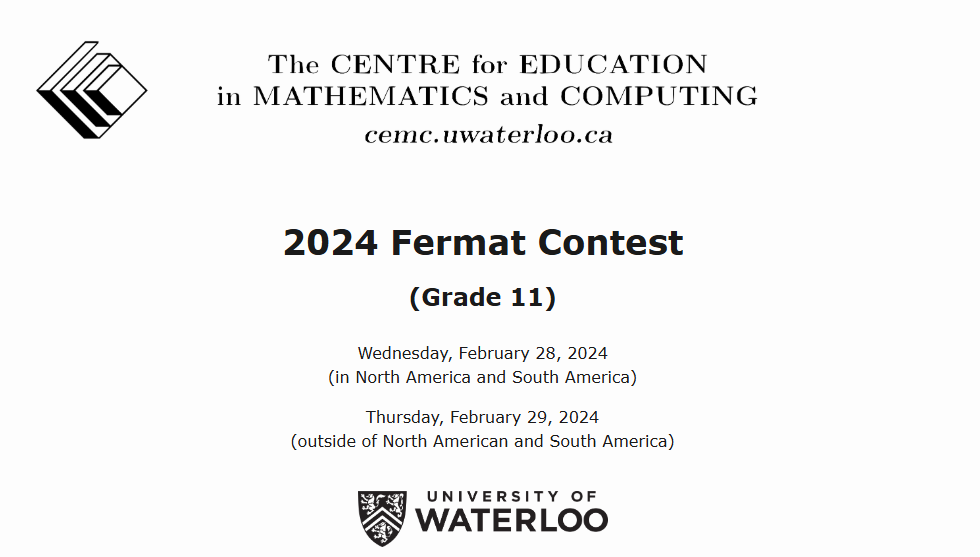
Fermat Mathematics Competition Tutoring
- In stock, ready to ship
- Backordered, shipping soon
The Fermat competition is one of a series of mathematics competitions organized by the Centre for Education in Mathematics and Computing (CEMC) of the University of Waterloo for high school students, usually for students in the first or second year of high school (equivalent to the second year of high school or equivalent in China). The competition is named after the famous French mathematician Pierre de Fermat, and aims to test students' logical thinking, mathematical modeling and comprehensive problem-solving abilities through challenging mathematical problems.
1. Competition Overview
- Participating grade: Mainly for high school students (Canadian Grade 11), but also welcome students from other grades who are interested in mathematics and have a high level of proficiency.
- Competition time: Usually held in February or March each year, the specific date will be announced by CEMC.
-
Question format:
- The overall duration is approximately 60-75 minutes or 2 hours (slightly different in different years), and the test questions are mainly multiple-choice questions and fill-in-the-blank questions.
- The questions cover multiple fields such as algebra, geometry, number theory, combinatorial mathematics, etc., and focus on depth of thinking and comprehensive application ability.
- Difficulty: Compared with the Pascal (9th grade), Cayley (10th grade) and Euclid (12th grade) competitions in the same series, Fermat is at an upper-middle level of difficulty. It is an "advanced" competition that lays a solid foundation for high-grade mathematics competitions.
2. Why is the Fermat competition helpful for college applications?
-
Demonstrating mathematical ability and potential
- The University of Waterloo's mathematics competition has a high degree of recognition and influence in Canada and internationally. Achieving excellent results not only proves a student's outstanding mathematical ability, but also reflects his or her depth of thinking and potential for solving problems when faced with novel or comprehensive questions.
- For students who want to apply for science and engineering majors such as mathematics, physics, computer science, and engineering, Fermat scores are a highly valuable "ability endorsement."
-
Demonstrate comprehensive quality
- The combinatorial, number theory, geometry, and logical reasoning questions commonly encountered in mathematics competitions require not only solid mathematical knowledge, but also creative thinking and the ability to analyze problems.
- For students who want to apply for interdisciplinary majors such as business, finance, and economics, mathematical thinking ability is also one of the core competitiveness. Competition results can help applicants stand out from the crowd.
-
Highly recognized university
- Many Canadian universities (including the University of Waterloo, the University of Toronto, UBC, etc.) attach great importance to the results of the series of competitions held by CEMC when admitting students.
- Some schools and scholarship programs will refer to or require applicants to provide Waterloo competition results. Excellent results will serve as favorable evidence in the fiercely competitive admission and scholarship selection.
-
Enrich application materials and enhance competitiveness
- Participating in competitions demonstrates a student's enthusiasm and initiative for learning, and reflects the applicant's commitment to academic challenges beyond classwork.
- Mentioning your competition experience in the essay (including preparation process, problem-solving experience, teamwork or self-study experience, etc.) can allow admissions officers to have a more comprehensive understanding of the applicant's academic interests and qualities.
3. Advice and preparation
-
Focus on the basics
- Although the Fermat competition is somewhat difficult, it still requires a solid grasp of basic knowledge. It is very important to review the core content of high school liberal arts or science mathematics, such as algebra, geometry, basic number theory, permutations and combinations.
-
Do more past exam questions
- The CEMC official website provides past exam questions and answers. Practicing more can help students become familiar with the question types, test ideas, and train their speed in answering questions.
-
Cultivate problem-solving thinking
- Pay attention to the mathematical ideas behind the questions and learn to apply the knowledge you have learned flexibly.
- Pay attention to sorting out wrong questions and discussing and summarizing, and improve problem-solving skills through reflection.
-
Participate in training or discussions as appropriate
- If your school or institution offers relevant competition training courses, you can consider participating to get guidance from professional teachers and have the opportunity to discuss with classmates.


